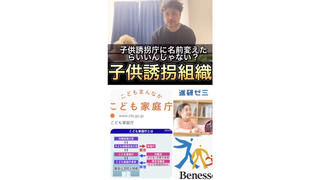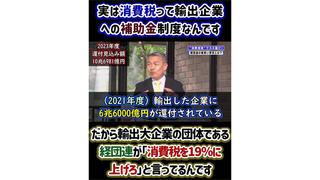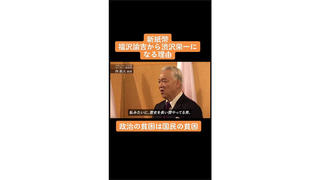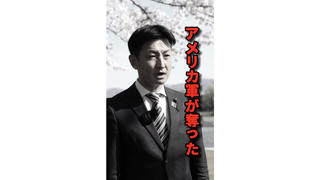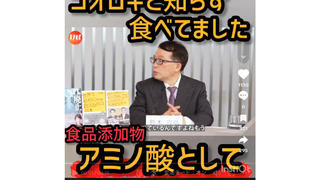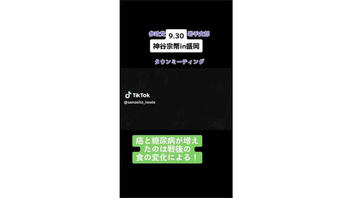
Did cancer appear in Japan only after World War II? No, that's not true: People also got cancer before that war. The oldest description of the illness in medical history dates back to as early as 1600 BC.
The claim appeared in a video (archived here) on TikTok on September 17, 2023. The person in the video claimed (translated from Japanese to English by Lead Stories staff):
Food is the cause of cancer. Because cancer didn't exist in the old days. Cancer is not genetic. If it was genetic, people would have died from cancer from the Jomon period (BC13000-BC300) or at least from the Edo period (1603-1867). After the war, the number of people with cancer suddenly increased. Cancer and diabetes increased after the war. What changed after the war? It's food.
This is what the post looked like on TikTok at the time of writing:
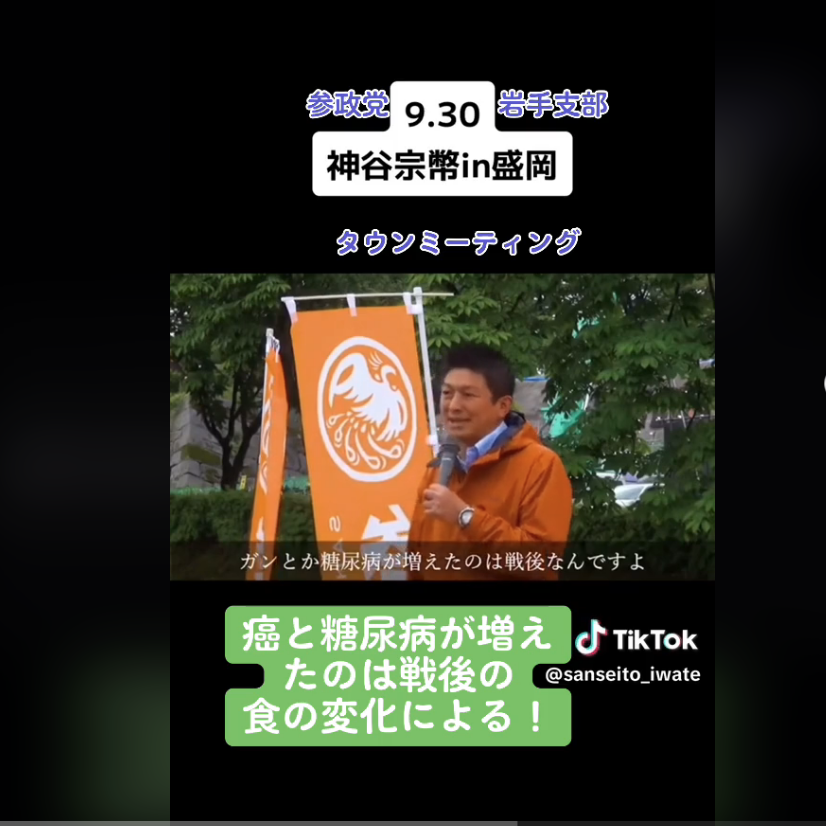
(Source: TikTok screenshot taken on Tue Oct 24 11:35:02 2023 UTC)
The person in the video is Sohei Kamiya, a member of the House of Councillors from Japan's right-wing Sanseito political party.
In a separate TikTok video, Kamiya claimed that the United States sent surplus wheat to Japan, which changed the Japanese diet and made the Japanese addicted to wheat, which, according to him, led to an increase in the number of people getting cancer.
There are several false claims in the TikTok. First of all, cancer appeared in medical history as early as 1600 BC, with the first description of the illness in the Edwin Smith papyrus. According to Hiroo Imura, professor emeritus and former president of the Japan Academy, cancer was first recognized in humans around 60,000 years ago. According to other studies, malignant neoplastic lesions date back nearly 2 million years ago.
Is cancer genetic?
Although it varies depending on the type of cancer, approximately five to 10 percent of people who develop cancer are born with genetic changes associated with the development of cancer, according to the Japanese National Cancer Center. That's called a hereditary tumor (hereditary cancer).
Is cancer increasing in Japan?
Cancer morbidity and mortality rates decreased for people in Osaka, Japan, under 75 from 2008 to 2018, according to research and calculations by the Cancer Control Center Osaka International Cancer Center. Some statistical models, though, predict an increase in new cancer cases in Japan but a decrease in cancer deaths in both genders from 2020 to 2054.
Old age as risk factor
Old age is one of the main risk factors for cancer. The average life expectancy in Japan in 2019 was 81.41 years for men and 87.45 years for women. During the Edo period mentioned in the TikTok video, the average lifespan was thought to be 30 to 40 years because of the high infant mortality.


